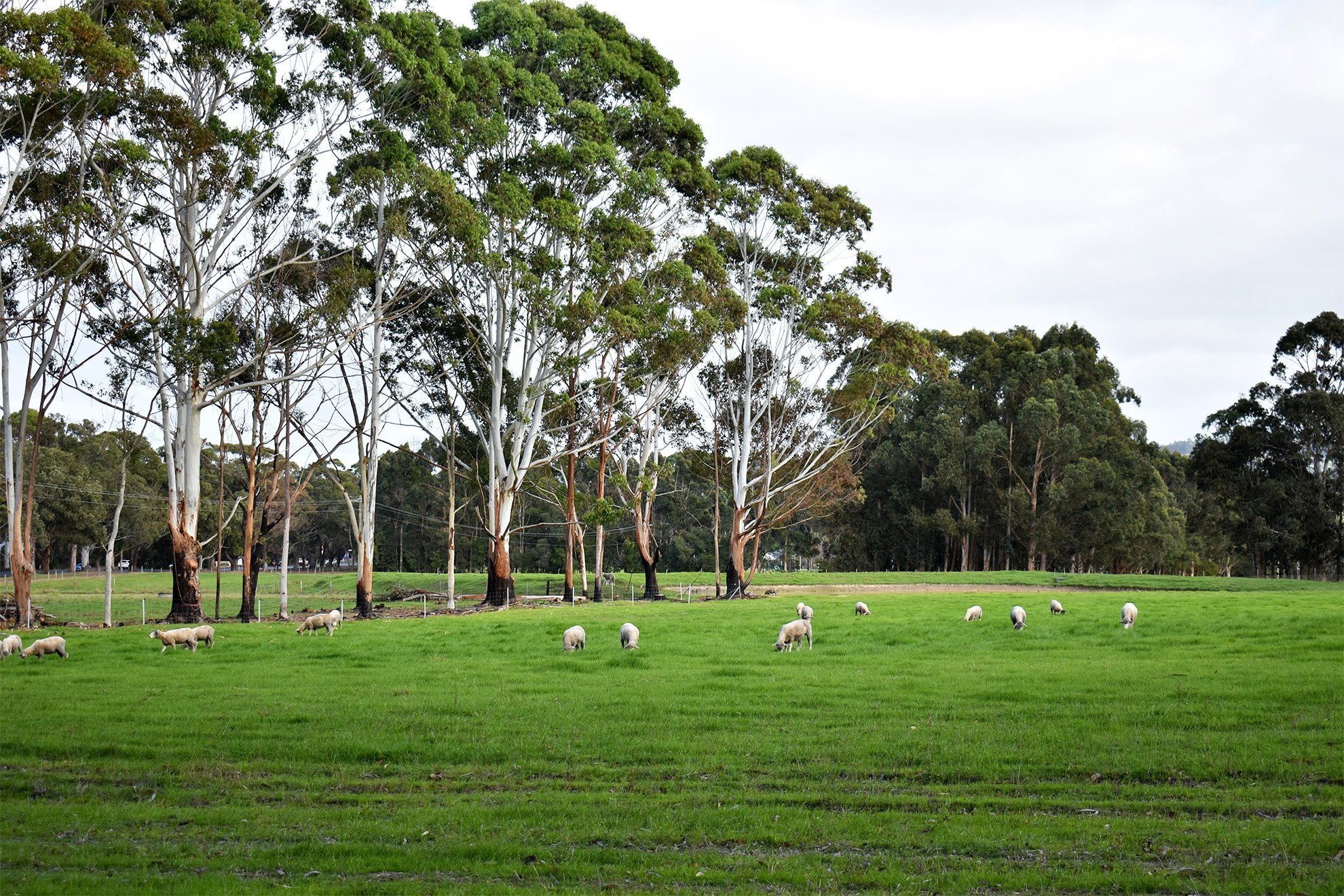Issue 3 2024 - Student Services
Student Services
Brad Woodruff
The Push-up Challenge - Building Mental Health Awareness, Community and Resilience.
The Push-Up Challenge is a dynamic and engaging initiative, implemented at the College this year for the first time, that many students have enthusiastically adopted. This challenge not only promotes physical fitness but also fosters a sense of community, resilience, and mental health awareness among students.
The Push-Up Challenge involved students completing a set number of push-ups (or other exercise alternatives) over a specified period, with daily targets that symbolise different aspects of mental health statistics. This initiative aims to raise awareness about mental health issues, encourage physical activity, and raise funds for mental health organisations.
Why did the College get involved?
Promoting Physical Health:
Physical Fitness: Regular exercise is for our students, helping to develop their strength, endurance, and overall health. The push-up challenge offers a structured yet fun way to incorporate exercise into daily routines.
Healthy Habits: By participating, students learn the importance of maintaining an active lifestyle, which can contribute to long-term health benefits.
Enhancing Mental Health Awareness:
Education: The challenge integrates mental health education, with daily facts and discussions about mental health issues. This helps destigmatise mental health problems and encourages students to seek help if needed.
Support Networks: Student Services at the College, provides a supportive environment where students can discuss mental health openly, fostering a culture of empathy and understanding.
Building Community and Team Spirit:
Teamwork: Students and staff formed teams, working together to achieve daily targets. This promoted collaboration, teamwork, and a sense of belonging.
School Spirit: The collective effort of the school community and individual groups in a shared goal enhances school spirit and unity.
Resilience and Goal setting:
Resilience: The challenge requires consistency and perseverance, teaching students the value of resilience in the face of difficulties.
Goal Achievement: Setting and achieving daily targets helps students develop goal-setting skills and the satisfaction of reaching milestones.
The push-up challenge proved to be more than just a fitness activity; it’s a comprehensive program that promotes physical health, mental well-being, community spirit, and resilience. The College’s involvement in this initiative highlights the Students Services team’s holistic approach to education, where the physical, mental, and social development of students are given equal importance. By embracing the push-up challenge, the College has not only contributed to their students’ health and well-being but also built a stronger, more supportive, and resilient community.
Wheatbelt Social-Emotional Wellbeing Student Survey
Every year at the College, all students complete the Wheatbelt Social-Emotional Survey. 72 schools and 9,200 students are involved. Students respond anonymously to statements covering five domains: school climate, belonging, relationships, self-esteem, and optimism. The results from this survey have helped the Student Service team understand students’ needs, identify areas for improvement, and guide the implementation of strategies in areas where improvement is needed.
Examples of the statements students responded to include:
Students at my school show respect towards each other
I think about the consequences of my actions before deciding what to do
If I find work hard, I keep trying until I get it finished
I can understand how other people feel
What I am learning at school is relevant to my future
Every student has an equal opportunity to learn and succeed at my school
I feel positive about my future
I can do some things really well
Analysis of the data has shown that many College students responded positively in the following areas:
Having friends at school, being optimistic about the future, feeling safe at school, believing they can do some things really well, and having the belief that every student has an equal opportunity to learn and succeed at school.
Areas for improvement in some sections of the student population have been identified as:
Not being able to explain to others how they feel, not feeling comfortable talking to students who are not their closest friends and not thinking about the consequences of their actions before deciding what to do.
The Student Service team is excited to have a tool that enables the implementation of programs that directly match the needs of the College’s students.
Supporting your young person during the holidays
Changes to routine can cause some young people to feel stressed, isolated and alone. Headspace provides some very useful information on how parents can provide support at this time – Support your young person over the holidays.
Brad Woodruff
Program Coordinator - Student Services
WACOA – Denmark




